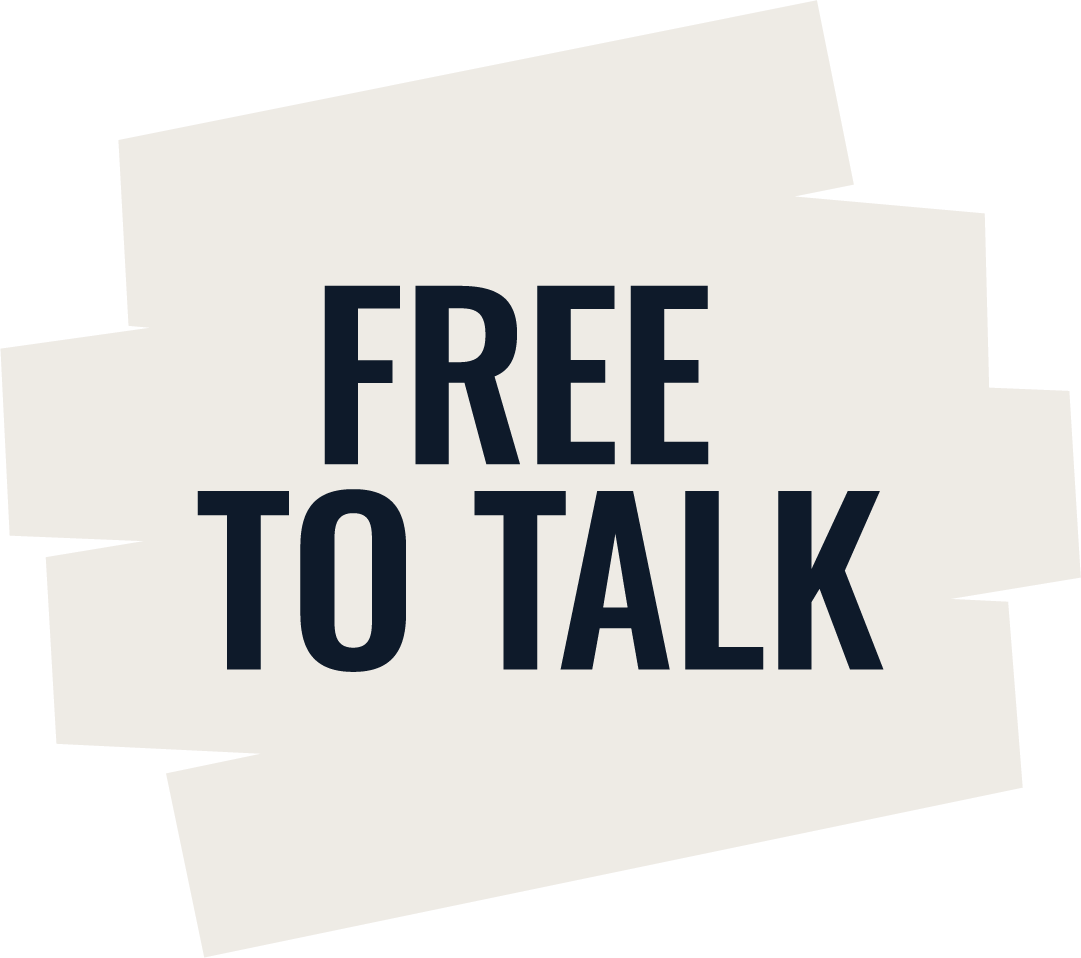Stop the ban on conversations
Banning ‘talking conversion therapy’ bans consensual conversations.
There is no other law that bans people from having a private conversation about their feelings and what they believe.
A ban on conversations would be an unprecedented breach of human rights.
This is about talking - nothing more
Harmful physical ‘conversion practices’ do not happen in the UK - and even if they do, they are already illegal. The government admits this.
A conversion therapy ban would only really target talking: conversations, prayers and counselling.
This is an attack on free speech motivated by ideology, not evidence. And it opens the way for the government to ban any other kind of conversation it doesn’t like.

This affects everyone - not
just ‘professionals’
A ‘conversion therapy’ ban would affect ordinary people - not just people who set themselves up as therapists.
In Malta, a Christian is being prosecuted for advertising conversion practices because he shared his ex-gay story and his views about change-seeking therapy.
The journalists who interviewed him are also being prosecuted.
Teachers, youth workers, church ministers and many others could face prosecution if they provide help to someone who seeks change.
Talking isn’t harmful - even if it doesn’t work
Activists claim that a ban is needed to stop people being harmed.
This claim is dangerously wrong - studies show that talking therapy generally has positive outcomes for mental health and isn’t harmful even when it is unsuccessful.

The evidence is missing
The review of evidence commissioned by the government doesn’t include key studies on talking therapies.
But even the studies that were included showed mental health benefits to change-seeking therapies - even among those who did not experience lasting change. One study concluded that it was comparable to psychotherapy in general.
A ban would breach human rights
You can’t ban free speech unless it’s strictly necessary and proportionate.
A ‘conversion therapy ban’ comes nowhere close.
Consensual conversations should not be banned.

A ban is unpopular with voters
Two recent high quality polls demonstrated that a ban on these conversations does not have public support.
The first showed that over 70% of UK adults support the people’s freedom to access “any type of talking therapy” in relation to their sexual identity or dissatisfaction with being male or female.
The second showed that a conversion therapy ban is very low on voters’ agendas, with only 4% listing it within their top 5 policy priorities.
Some people want to talk. Let them.
You don’t need to agree with people to uphold their basic freedoms.
People should be free to talk to a counsellor, therapist or pastor to help them live the way they want to.
Any ban on ‘conversion therapy’ threatens basic freedom of speech - and solves nothing.
Say no to a misguided ban.
